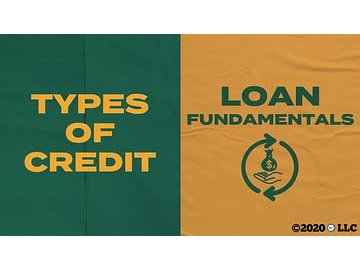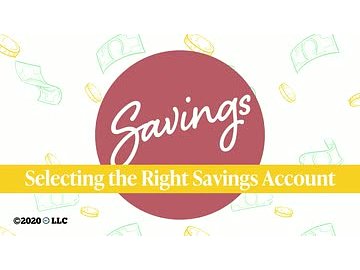Financial Literacy
Finish in
163 mins!
Employees
only
of Completion
Friendly
Access
What you'll learn
Skills covered in this course
Description
Opening a checking account is a major financial milestone. It provides a secure way to store your money and allows for easy and efficient access to and transfer of your hard-earned dollars. In this program, we'll talk about the basics of checking accounts. You'll learn why checking accounts are important, how they're helpful, and discover some of the benefits they provide. We'll also discuss how to choose the right account for you, how to access your account, and understanding the fees associated with your account.
System Requirements
• Windows 7 and newer
• Mac OS 10 and newer
Supported Browsers:
The current and previous major releases of the following browsers
• Safari v11 and higher
• Firefox v65 or higher
• Chrome v70 and higher
• Microsoft Edge v42 and higher
• Internet Explorer v11 and higher (Windows only- may exhibit visual differences from other
browsers)
Computer Speed and Processor:
• Use a computer 5 years old or newer when possible.
• 1GBofRAM
• 2GHz processor
Author
Financial Literacy


























